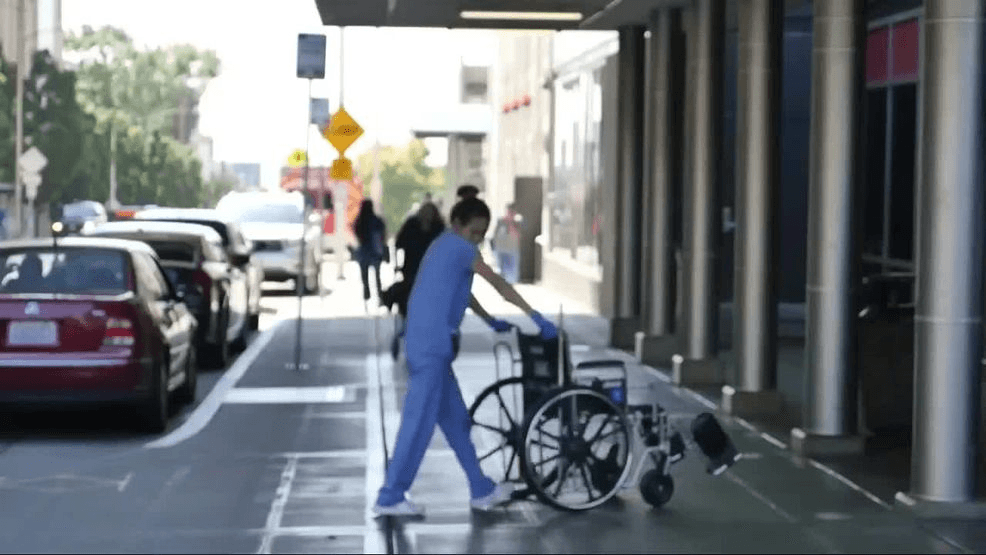
Medicaid recipients across North Carolina could soon feel the effects of sweeping changes under the recently passed "One Big Beautiful Bill Act." The new law imposes stricter rules on who is eligible for Medicaid.
Medicaid helps cover medical expenses for low-income families, seniors, and people with disabilities, but the new law adds work requirements for some recipients in order to keep their coverage. It also reduces how much doctors and hospitals get reimbursed for treating Medicaid patients.
It makes it difficult," said ECU Economics Professor Nick Rupp. "It's a higher hurdle in place for those to qualify for Medicaid.
According to the Congressional Budget Office, about 8 million people are projected to lose Medicaid coverage by 2034 under the new rules.
The bill also reduces how much of the Medicaid costs the federal government will cover. Right now, the federal government matches every dollar North Carolina spends on Medicaid at a rate of $1.83. That means for every $100 the state spends, the federal government pays $183.
However, under the new law, that match rate will slowly shrink, meaning North Carolina will have to pay more to maintain current Medicaid services.
"They're not going to match it as generously as they were before," Rupp said.
That could lead to higher costs for everyone, not just those on Medicaid.
"Providers might charge higher prices to people with private insurance to make up the difference," Rupp explained.
Experts say rural hospitals, many of which already operate on tight budgets, could be hit especially hard.
The UNC Cecil G. Sheps Center for Health Services Research identified five hospitals in North Carolina at risk of closure due to financial difficulties:
- Person Memorial Hospital (Roxboro)
- UNC Rockingham Hospital (Eden)
- UNC Health Chatham (Siler City)
- MH Angel Medical Center (Franklin)
- Blue Ridge Regional Hospital (Spruce Pine)
Hospitals were flagged if they served a high number of Medicaid patients or had three consecutive years of financial losses.
"What happens now if we don't have that Medicaid revenue for hospitals that are heavily reliant on it? Hospitals that are already struggling - this is putting added pressure on them," Rupp said.
The law includes a $50 billion Rural Health Transformation Program to help struggling hospitals.
Research shows the fund will only cover about a third of the losses that rural communities are expected to face from Medicaid cuts. Some say the program's broad goals may not effectively solve the deep-rooted challenges of rural health care.
States have until December 31 to apply for their share of the funding by submitting detailed plans to the federal government.
In addition to the direct cuts, the state could face tough budget decisions — either find more money to fund Medicaid, or reduce coverage and services.
The cuts could also affect private insurance holders as hospitals and providers seek ways to fill financial gaps.
Andrew Moore, a Medicaid recipient we interviewed, said he is worried about what's coming.
Most people can't pay the doctors anyway," he said. "If they can't pay them, they can't get the services.
We reached out to hospitals in the region, including ECU Health and CarolinaEast Medical Center in New Bern. Both said they will respond with more information on how this may affect them.







0 komentar:
Posting Komentar